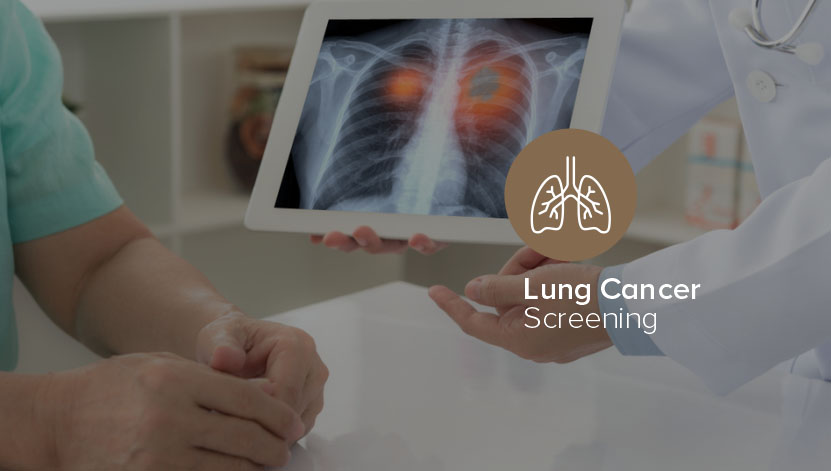Lung cancer remains the leading cause of cancer-related mortality worldwide. This grim statistic, however, is not without a glimmer of hope – early detection through screening can significantly increase the chances of successful treatment. But what does lung cancer screening entail, who should consider it, and does it come with risks?
